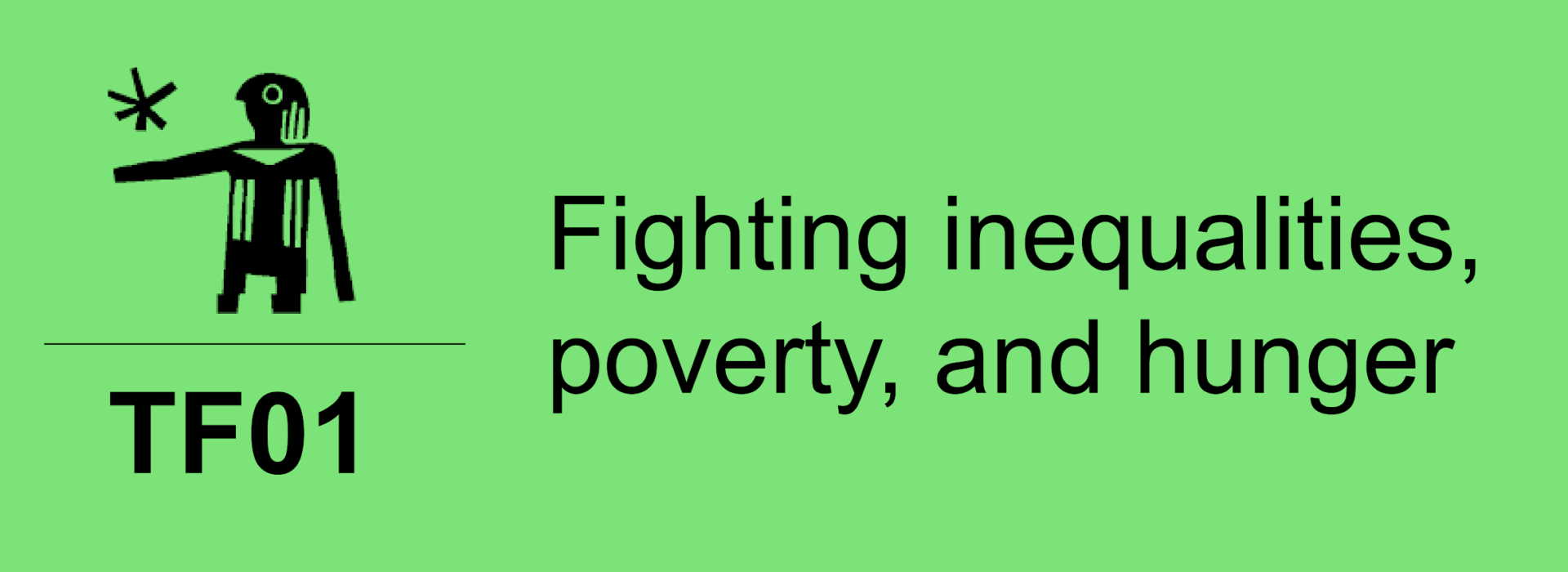Despite the importance of reproductive labour, it is just now receiving attention in policy dialogues. The necessity for policies to support care provision in households, communities, and institutions is becoming more widely recognised as policymakers acknowledge the fact that vulnerable people are burdened with reproductive labour due to societal structures. A growing body of literature is centred around care providers and how policies can support them. It has become paramount to assess whether care policies are attuned to the specific needs of care beneficiaries, such as children. Many policies and legal instruments have established obligations for countries regarding the protection of children’s rights, and promoted ways to ensure these rights are realised. These recent developments constitute important steps towards ensuring good quality childcare and achieving the Sustainable Development Goals by 2030. This policy brief explores what the application of a children’s rights approach to childcare entails. It draws from the literature on care services, social protection, and children’s rights to identify examples of good practices implemented by G20 countries. It finds that eight principles of children’s rights should be followed when designing and implementing childcare policies. We outline recommendations for G20 countries to cater for children’s rights in care policies by supporting family and non-family childcare. To implement these suggestions, countries need to overcome cultural, political and economic constraints.
Register for Updates
Would you like to receive updates on the Global Solutions Initiative, upcoming events, G7 and G20-related developments and the future of multilateralism? Then subscribe here!
1 You hereby agree that the personal data provided may be used for the purpose of updates on the Global Solutions Initiative by the Global Solutions Initiative Foundation gemeinnützige GmbH. Your consent is revocable at any time (by e-mail to contact@global-solutions-initiative.org or to the contact data given in the imprint). The update is sent in accordance with the privacy policy and to advertise the Global Solutions Initiative’s own products and services.









